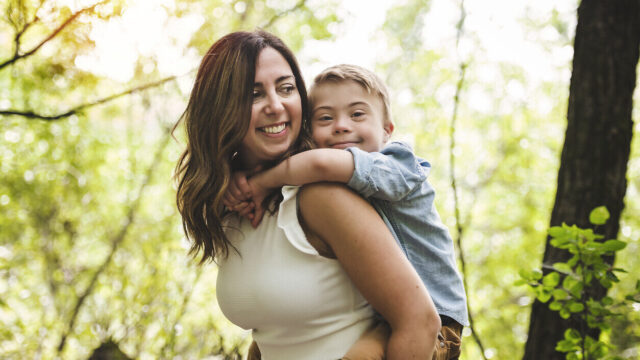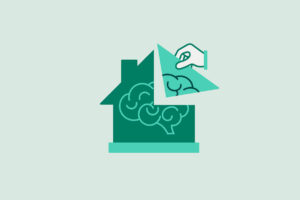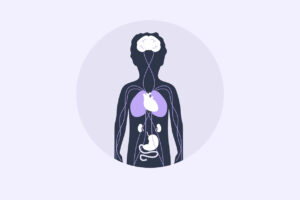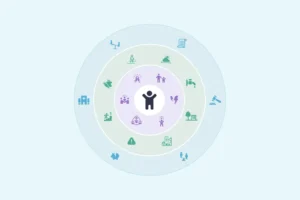Key Concepts

When it comes to early childhood development, a wide array of conditions in the places where children live, grow, play, and learn shape their development and lay the foundation for their lifelong health and well-being. We have long known that a child’s environment of relationships, including responsive serve and return interactions with caregivers, plays a critical role in the development of brain architecture and can help buffer against sources of stress and adversity. These concepts remain critical to our understanding of early childhood development, but science does not stand still. Ongoing research makes it increasingly clear that we must consider influences from a child’s broader environment, including the many ways that children have access to opportunities or are exposed to hazards in their built and natural environments, and how such influences shape the development of all biological symptoms.

What Surrounds Us Shapes Us
Explore all of our Key Concepts





